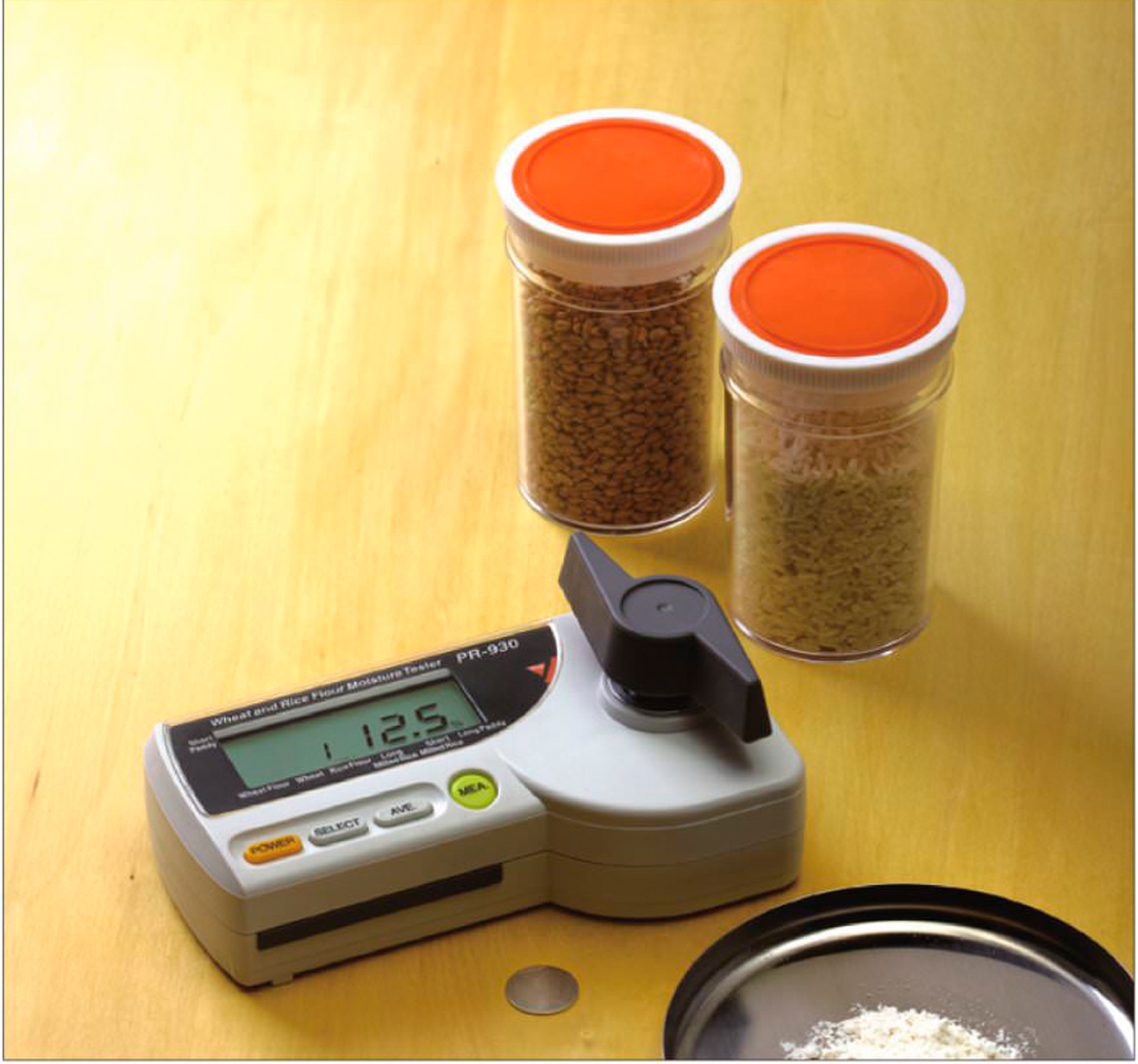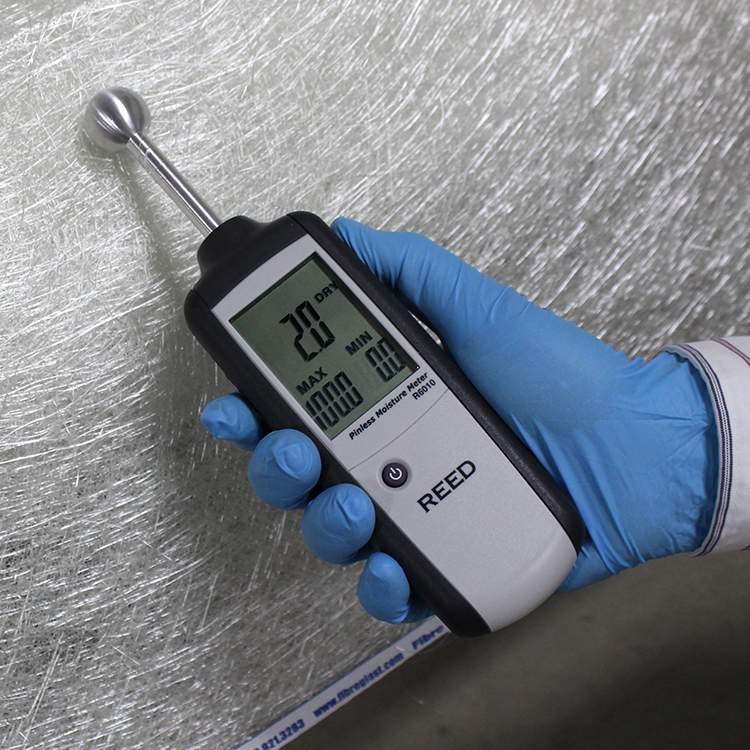Moisture Meter Purchasing Guide: What to Look for in High-Quality Instruments
Moisture Meter Purchasing Guide: What to Look for in High-Quality Instruments
Blog Article
The Ultimate Guide to Moisture Meters: A Comprehensive Overview and Just How They Can Conserve You Cash
In the world of building maintenance, construction, and numerous sectors, the importance of properly determining wetness levels can not be overemphasized. Wetness meters serve as vital tools in spotting and keeping track of moisture web content in products, assisting in protecting against pricey damages and ensuring the top quality of items. Recognizing the subtleties of different kinds of dampness meters, their applications, and the prospective cost-saving advantages they provide can be a game-changer for experts and businesses alike. Uncovering exactly how these devices can not just streamline procedures but additionally contribute to financial cost savings is a journey worth beginning on.
Types of Moisture Meters
Different kinds of moisture meters are offered for different applications in different sectors. One typical kind is the pin-type wetness meter, which gauges the electrical resistance in between 2 pins placed right into a material. This kind is suitable for wood, drywall, and various other building products. Pinless dampness meters, on the other hand, usage electro-magnetic sensor plates to check a larger area without creating damage to the material's surface. These meters are ideal for swiftly assessing moisture degrees in huge locations such as wall surfaces and floorings.
Infrared moisture meters gauge the thermal properties of a material to identify its moisture web content non-invasively, making them valuable for applications where pin or pinless meters might not be appropriate. Understanding the various kinds of dampness meters offered can help industries pick the most proper tool for their specific dampness measurement needs.

Benefits of Using Moisture Meters

Furthermore, using wetness meters can bring about increased power efficiency. By determining areas with high wetness degrees, such as leakages or inadequate insulation, changes can be made to enhance energy preservation and minimize energy prices. In farming settings, dampness meters play a critical role in optimizing crop yields by enabling farmers to keep an eye on dirt dampness degrees and make educated watering choices. On the whole, the benefits of using moisture meters span across various industries, providing economical remedies and advertising much better high quality control methods.
Exactly How to Choose the Right Moisture Meter
Selecting the appropriate dampness meter includes considering vital variables such as material compatibility, measurement variety, and calibration accuracy. When picking a wetness meter, it's necessary to ensure that the meter is appropriate for the particular product you will certainly be testing. Various materials have differing electric residential properties that can influence wetness analyses, so picking a More hints meter designed for your material is essential for exact results. In addition, think about the dimension variety of the moisture meter. Guarantee that the meter can spot moisture degrees within the range needed for your applications. Calibration precision is another important element to bear in mind (Moisture Meter). Go with a wetness meter with reputable calibration to ensure exact and consistent readings. Some meters may require periodic calibration modifications, so recognizing the calibration process is important. By very carefully reviewing these variables, you can pick a dampness meter that meets your demands and provides accurate wetness measurements for your tasks.
Appropriate Techniques for Moisture Meter Usage
To make sure exact dampness analyses and make best use of the efficiency of a wetness meter, using appropriate methods is vital. When using a pin-type dampness meter, place the pins or probes into the product being tested until they make full call. By adhering to these appropriate techniques, users can count on their dampness meter to supply reliable moisture degrees, aiding in preventing expensive damage or making sure quality in various applications.

Cost Cost Savings With Moisture Meter Applications
Exactly how can the strategic use of wetness meters result in substantial cost financial savings throughout numerous markets? Wetness meters play a critical role in price financial savings by stopping prospective damage and ensuring quality assurance in different markets. In the farming industry, moisture meters help in identifying the optimum time for gathering crops, avoiding over-drying or excess moisture that can impact the end product's quality. This specific tracking helps farmers avoid unneeded losses and maximize their yield.

Furthermore, in the food processing market, wetness meters are crucial for monitoring item quality and making sure compliance with safety laws. By properly measuring moisture material in my response foodstuff, makers can avoid putridity, maintain freshness, and lower waste, resulting in considerable price financial savings. On the whole, the tactical application of moisture meters is an important investment that can bring about substantial price decreases and enhanced effectiveness across numerous markets.
Final Thought
Finally, moisture meters are useful tools for gauging and finding dampness degrees in various products. By using the right wetness meter and following correct methods, individuals can effectively protect against expensive damages triggered by excess moisture. Buying a quality dampness meter can result in significant price savings in the future by determining possible problems beforehand and allowing punctual remediation. Ultimately, wetness meters are important tools for maintaining the stability and long life of structures and products.
Wetness meters offer as indispensable tools in finding and monitoring moisture material in products, assisting in preventing costly damages and making sure the high quality of items. Infrared dampness meters gauge the thermal buildings of a material to determine its moisture content non-invasively, making them helpful for applications where pin or pinless meters may not be appropriate.Wetness meters use invaluable advantages in accurately examining and monitoring moisture degrees in varied products and settings. In farming settings, dampness meters play a critical role in optimizing crop returns by making it possible for farmers to keep an eye on dirt wetness degrees and make educated watering decisions.In conclusion, dampness meters are beneficial devices for determining and discovering wetness levels in numerous products.
Report this page